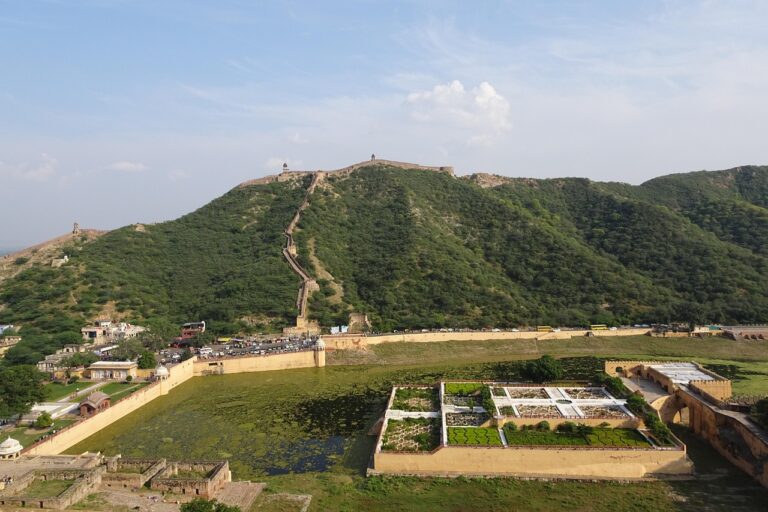A vigilance and Anti-Corruption Bureau has arrested former Public Works Department (PWD) minister V K Ebrahim Kunju on Wednesday over the Palarivattom flyover scam. This shocking move could have strong political repercussions especially at a time campaigns for the local body polls are heating up.
The arrest was recorded at 10.28am at a hospital in Kochi where the ex-minister was admitted to.
Earlier the probe team had visited Kunju’s residence at Aluva. But his family informed them that Kunju was admitted to a Kochi hospital.
Though the arrest has been registerd, Kunju might remain in the hospital at least for this night.
The UDF termed the arrest as a cover to hide a slew of dire issues the LDF government faces.
The IUML has called for an emergency meeting in the wake of his arrest.
The irregularities in the Palarivattom flyover construction came into limelight on 2019.
Ebrahim Kunju, who was the PWD minister in the Oommen Chandy government allegedly intervened to release an amount in advance to the contractor for the flyover work.
Though there were no provisions in the agreement, an amount of Rs 8.25 crore was paid as advance to the company with a meagre interest of seven percent. Vigilance had told the Kerala High Court that this resulted in a yearly loss of Rs57 lakh to the State government.
Former Public Works Secretary TO Sooraj, former Kitco MD Sumit Goyal, RBDCK company GM P D Thankachan were arrested in connection with the case earlier. Last year Sooraj, the fourth accused in the case, had raised charges against Ebrahim Kunju in the Vigilance court.
Sooraj said that the order to release the advance amount without interest to RDS Projects was issued by the then PWD minister Ebrahim Kunju after Mohammed Hanish, the MD of the Roads and Bridges Development Corporation of Kerala (RBDCK), had made a recommendation in this regard.
RDS Projects was the flyover builder and Hanish’s RBDCK was the agency implementing the project.
The Palarivattom flyover was inaugurated on October 12, 2016. The defects in the flyover were detected in July 2017 and the facility was closed for traffic on May 1, 2019 owing to safety concerns.
Within just two-and-a-half-years of operation, the 750-metre-long bridge, built at a cost of Rs 42 crore, began to show faults and cracks. A team from the IIT Madras had found several cracks in the girders and pillars and the cracks were expanding which can lead to deadly accidents.













